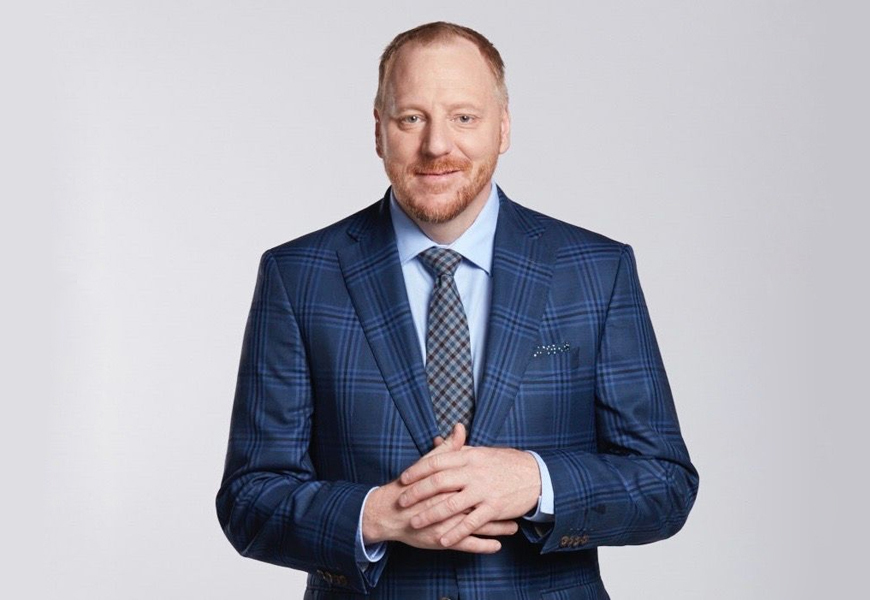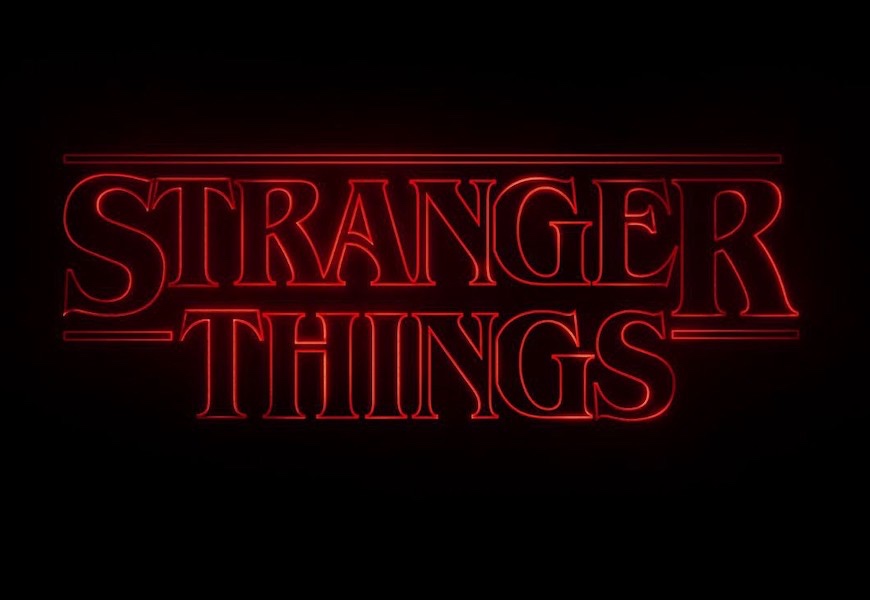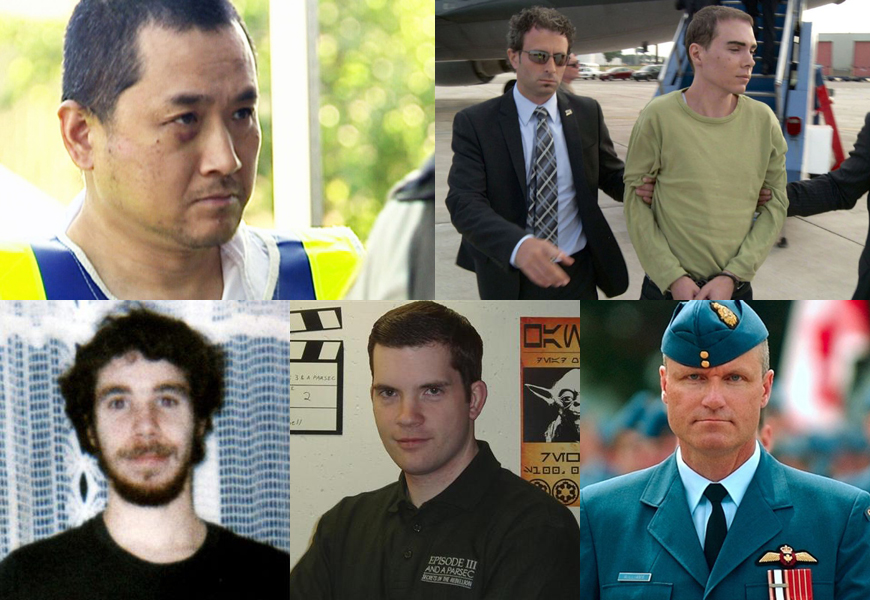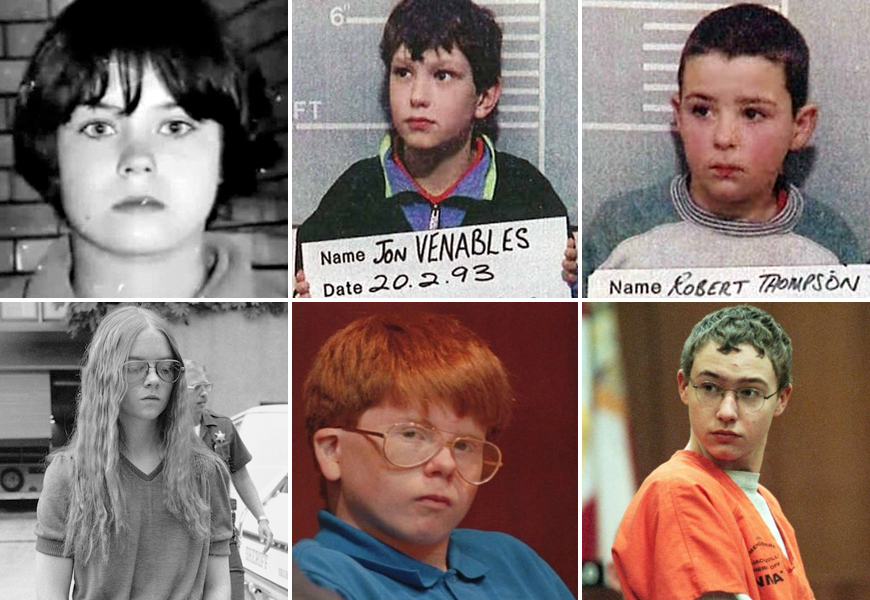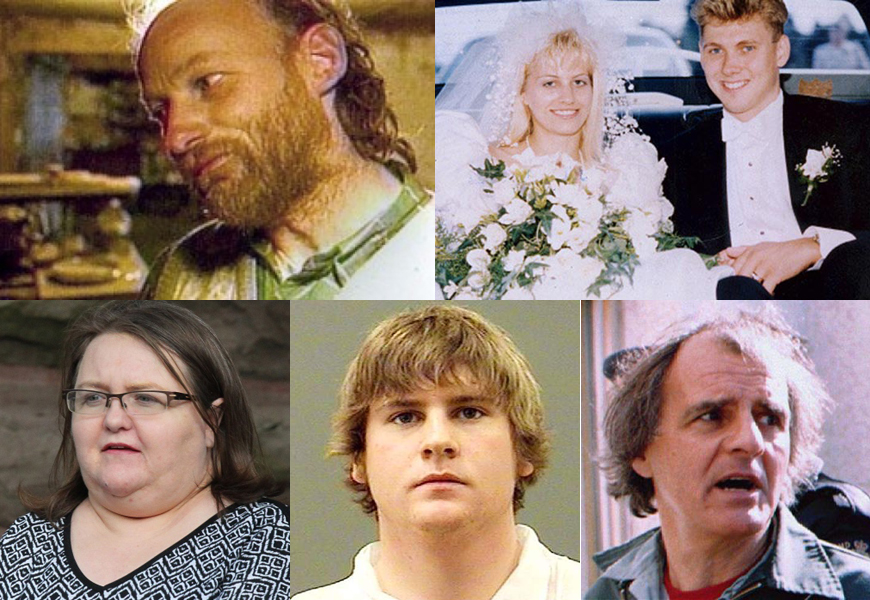By Sienna Vittoria Asselin
Corey Hirsch was at the top of his game. As an NHL goalie and an Olympic medalist, he had achieved all his dreams. And yet, beneath the picture-perfect surface, he was suffering. In his new memoir, The Save of My Life, he opens up to readers about his experience as a professional athlete with a mental illness and the events leading up to his diagnosis of obsessive-compulsive disorder (OCD). It is a deeply moving story, and his vulnerability in tackling the taboo topic is greatly needed. Ultimately, he wants to give hope to others living with mental illness and help those who don’t get a better understanding of it. “We need to talk about it,” he says in an interview with AmongMen. “Let’s end the stigma.”
Be sure to grab a copy of his book for yourself (it’s in bookstores now and available online here), but in the meantime, read on as we discuss his inspiration behind the book, what it was like struggling with mental illness in the sports industry, and what his advice is for others in a similar boat.
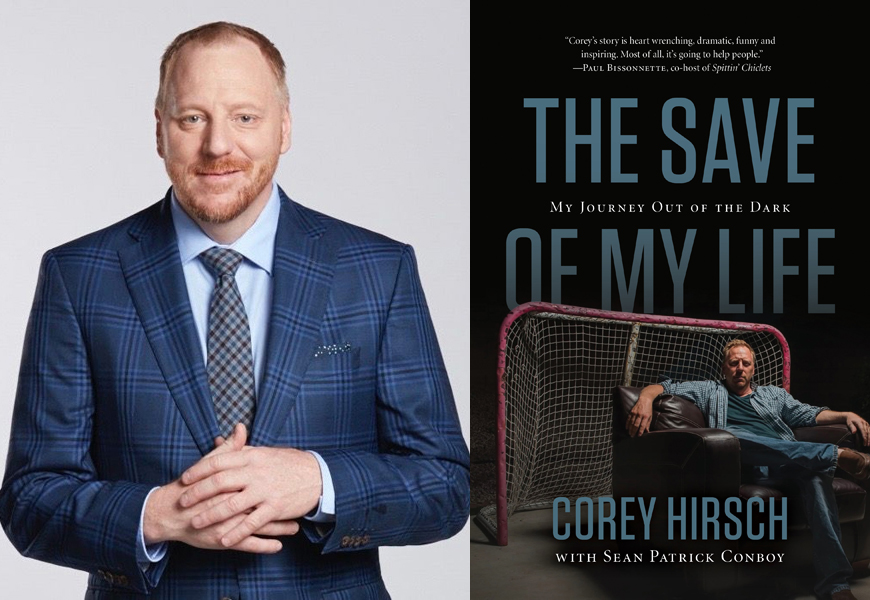
What inspired you to write this book? Why now?
I wrote The Save of My Life because I wanted to educate people. There’s no reason in today’s day and age that we shouldn’t be educating our youth on mental health. I almost ended up dead and it didn’t have to go that way, so what inspired me was for that not to be somebody else’s experience too.
I imagine that the process of writing this must have involved getting pretty vulnerable. How did it feel to write this memoir?
You would think that it should be a feeling of happiness and pride to have finished writing a memoir, but I know what’s in my book and it’s all my pain. So while it feels good to have this out there, writing the book also meant putting everything I’d been through in my life on the page.
Are there unique challenges that you faced as an athlete struggling with a mental illness?
People always ask me if hockey was the problem. Hockey was not the problem. Hockey actually saved me because of what it taught me: strength, resilience, to put one foot in front of the other, to keep going. The only unique part was that I was struggling with a mental illness while trying to play in the National Hockey League, so I always say that no one can call me weak because I made the NHL while living with an extreme mental illness, and I know a lot of other people who have done it too.
What was your experience like battling mental illness while being in the sports industry? Was it a supportive community or did you experience stigma or discrimination?
I can’t say if it was supportive since I never told anyone because of the stigma at the time. But that was in the mid-’90s and I think that we are in a much better place now. While there may still be players reluctant to come forward, I want them to know that there is nothing to be afraid of because we all struggle with something.
What is your advice for people experiencing their own struggle with mental illness?
Go get help. There is no need to suffer in silence and hate your life. Help is available. There is a better life out there.
What message do you want readers to leave with after reading this memoir?
Again, I want readers to know that help is available. It gets better. To be honest, there was a day where I just lay in bed and wanted to die, but today I’m still here and I’m launching a book. So the message is that it gets better. You have to put in the work, and you have to get the help that you need, but it does get better.

